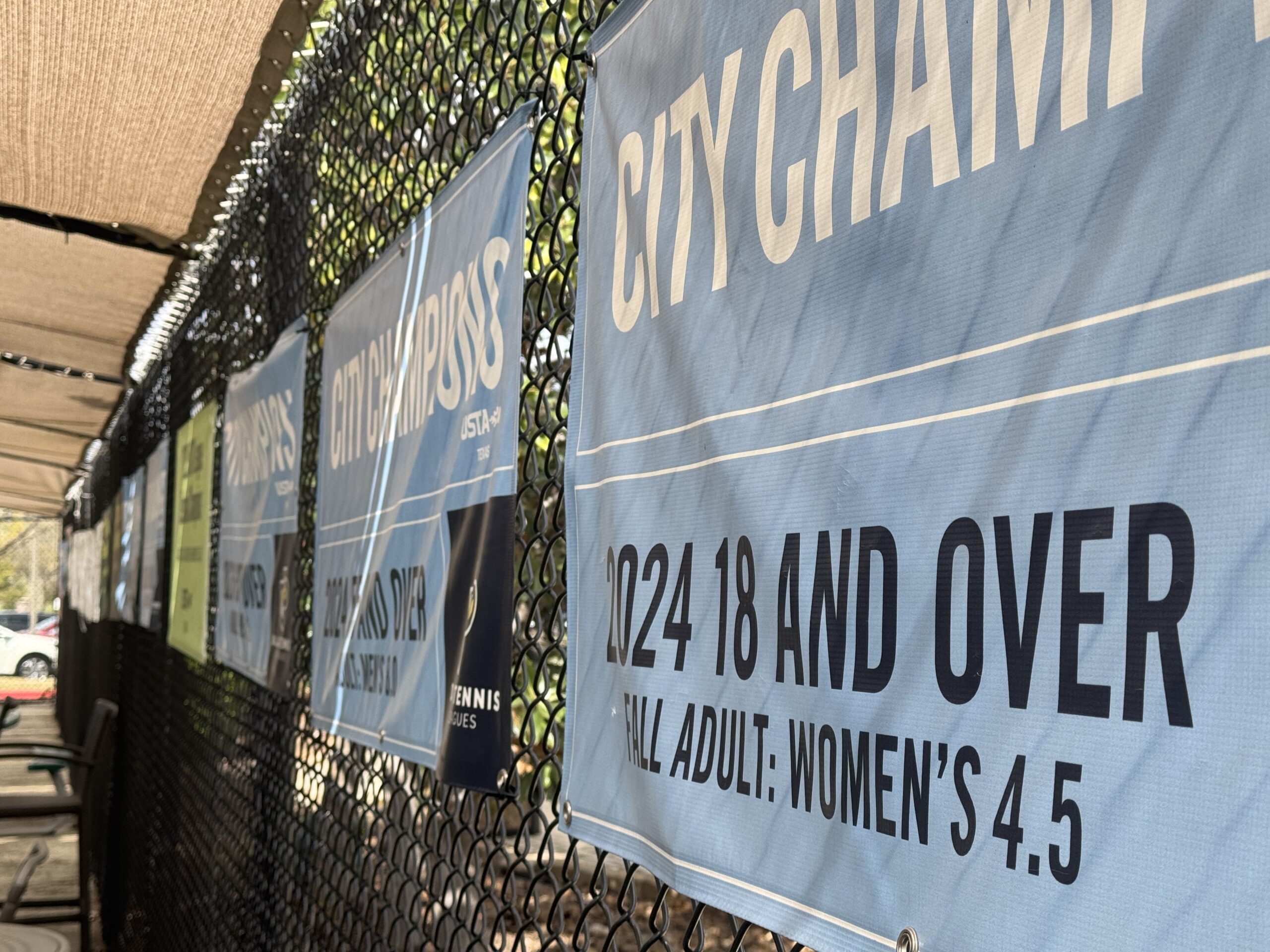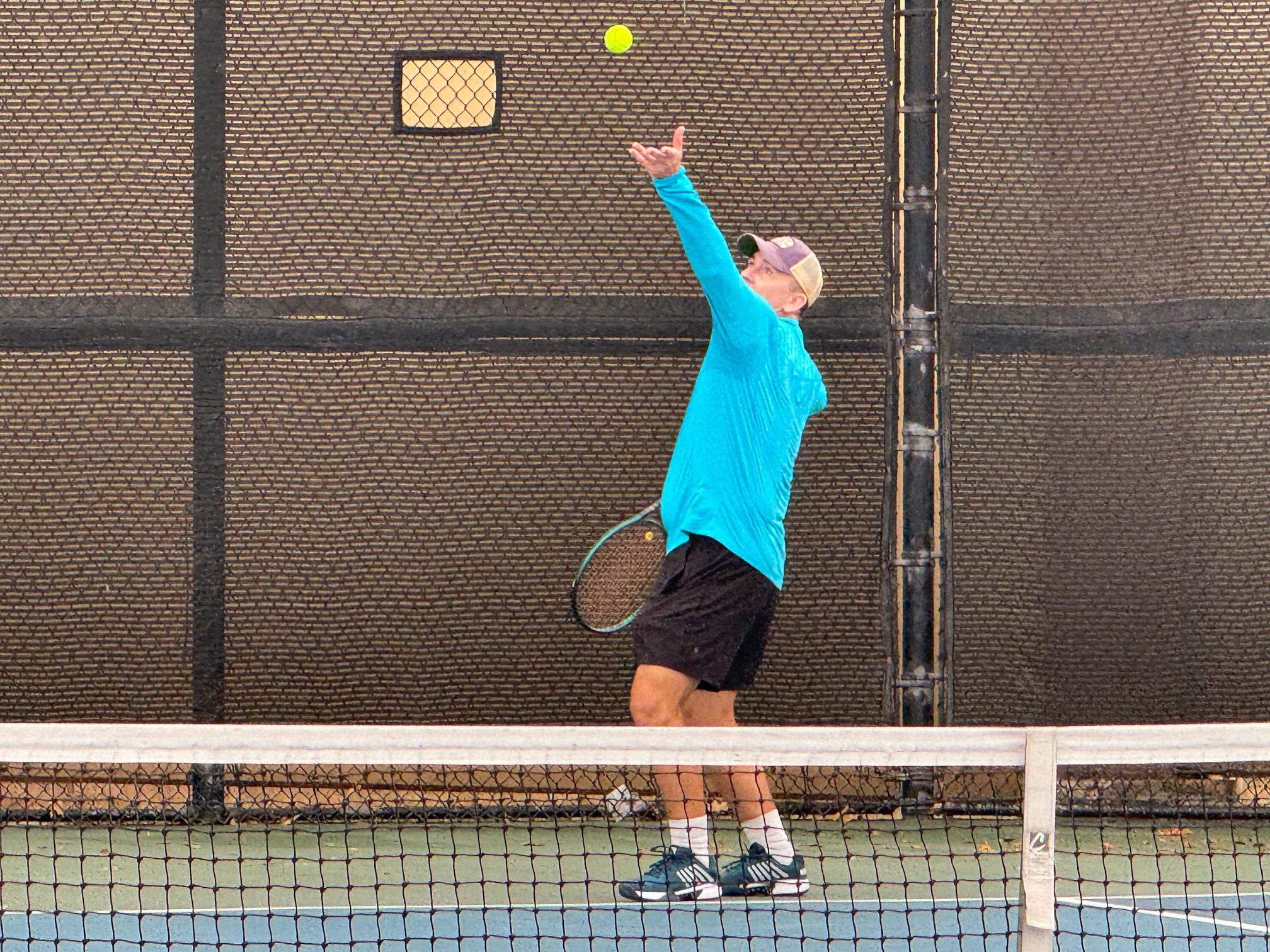The Rules of Tennis
The first change that appears in the 2021 USTA Friend at Court comes courtesy of the International Tennis Federation (ITF). It is a seemingly inconsequential note appended to the Forward of the ITF Rules of Tennis. This makes it high time to revisit the relationship between the USTA and the ITF.
The ITF has complete ownership and authority over the official rules of tennis matchplay. The USTA is a national association under the ITF. The USTA has no power to unilaterally change the rules of tennis. However, the USTA and the other national federations can petition the ITF to consider changes to the rules. For those of you following along at home, the first section of the USTA Friend at Court is essentially just a reprint of the ITF Rules of Tennis.
A post from early 2020, “The ITF, USTA Overlord,” detailed the relationship between the USTA and the ITF. Shortly thereafter “Fabulous ITF Historical Facts” provided more information on the history of the founding of the ITF. That brings us back to the seemingly inconsequential note at the end of the forward of the ITF Rules of Tennis.
If there are any inconsistencies between the English version and Rules of Tennis translated into other languages, the English version shall prevail.
ITF Rules of Tennis, Forward
For anyone who is familiar with the history of the ITF and the Rules of Tennis, this note is not needed. English is the official language of that publication. Thus any deviation that appears in a translation is not authoritative if it conflicts with the English version.
I spent considerable time over the past weekend trying to track down why that note was inserted this year. The minutes from the ITF annual meetings and all the other recent press releases isn’t exactly scintillating reading. That endeavor sent me down some rabbit trails, as is the Fiend at Court custom.
My prevailing theory is that the ITF Case Rulings and USTA Comments to the Rules of Tennis all originated from some controversial incident. I am guessing that sometime over the past couple of years that there was a translation floating around with a discrepancy that made a tangible difference. I can see how it would be pretty easy to mistranslate the permanent fixture rules, for example.
In any case, it is a good time to remind everyone that English is the official language of the ITF Rules of Tennis. From a historical standpoint, that stipulation was an essential part of a complex deal. The bottom line is that stewardship of the rules were transferred from the England Lawn Tennis Association to the ILTF which later dropped the L (for Lawn) to become the ITF.
There were many more moving parts to that deal. It was the same one that brought the USLTA (now USTA) into the ITF fold, reduced the number of votes that England had in the organization, and formally established the championships of the four dominant members as the major championships. Those would be what are now known as The Australian Open, The French Open, Wimbledon, and the US Open.
English is the official language of the ITF. To the best of my knowledge the new note appended to the Forward of the 2021 Rules of Tennis is the first time that fact has creeped into the actual rules.
- United States Tennis Association (2021), Friend at Court: Handbook of Rules and Regulations, White Plains, NY



